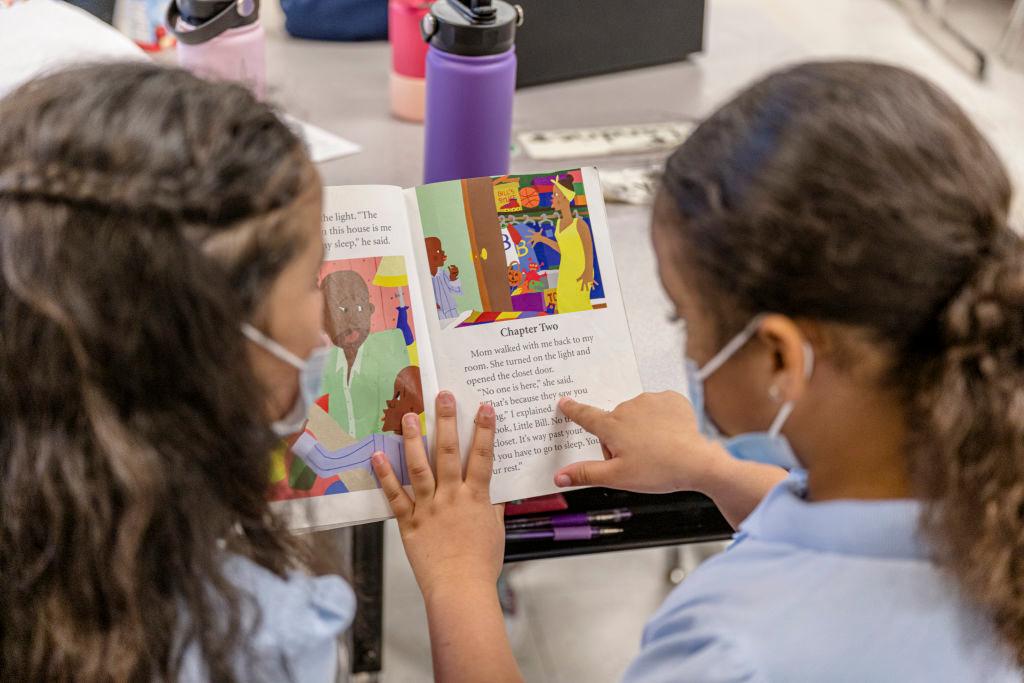The U.S. Department of Education announced that it is easing regulatory measures pertaining to grant applications for charter schools as part of a school choice expansion.
The department is withdrawing two “burdensome and misaligned” notices for two grant programs aimed at charter schools, it said in a Jan. 31 statement. These notices were published during the last days of the Biden administration and, according to the agency, imposed “excessive regulatory burdens and promoted discriminatory practices.”





